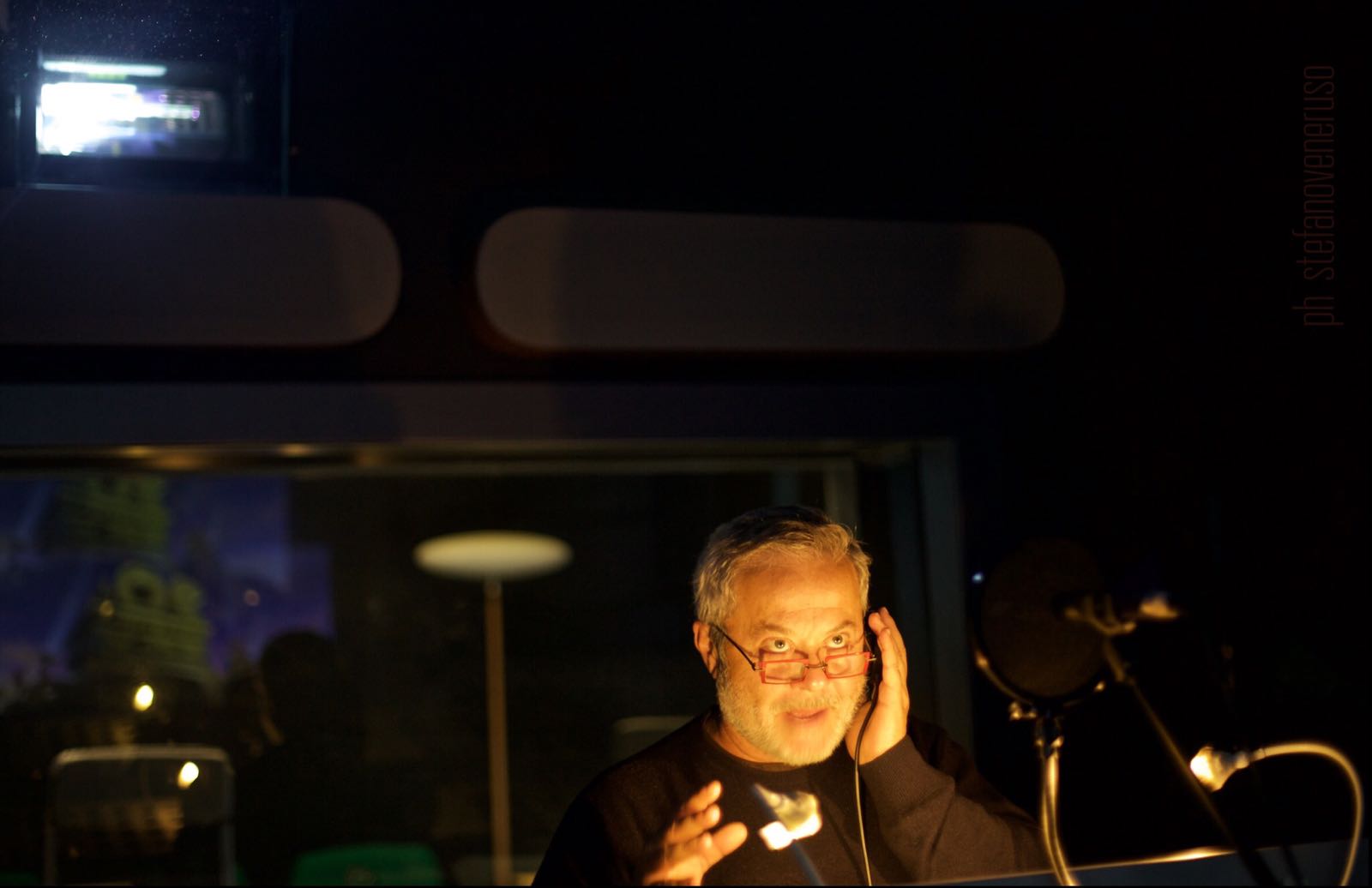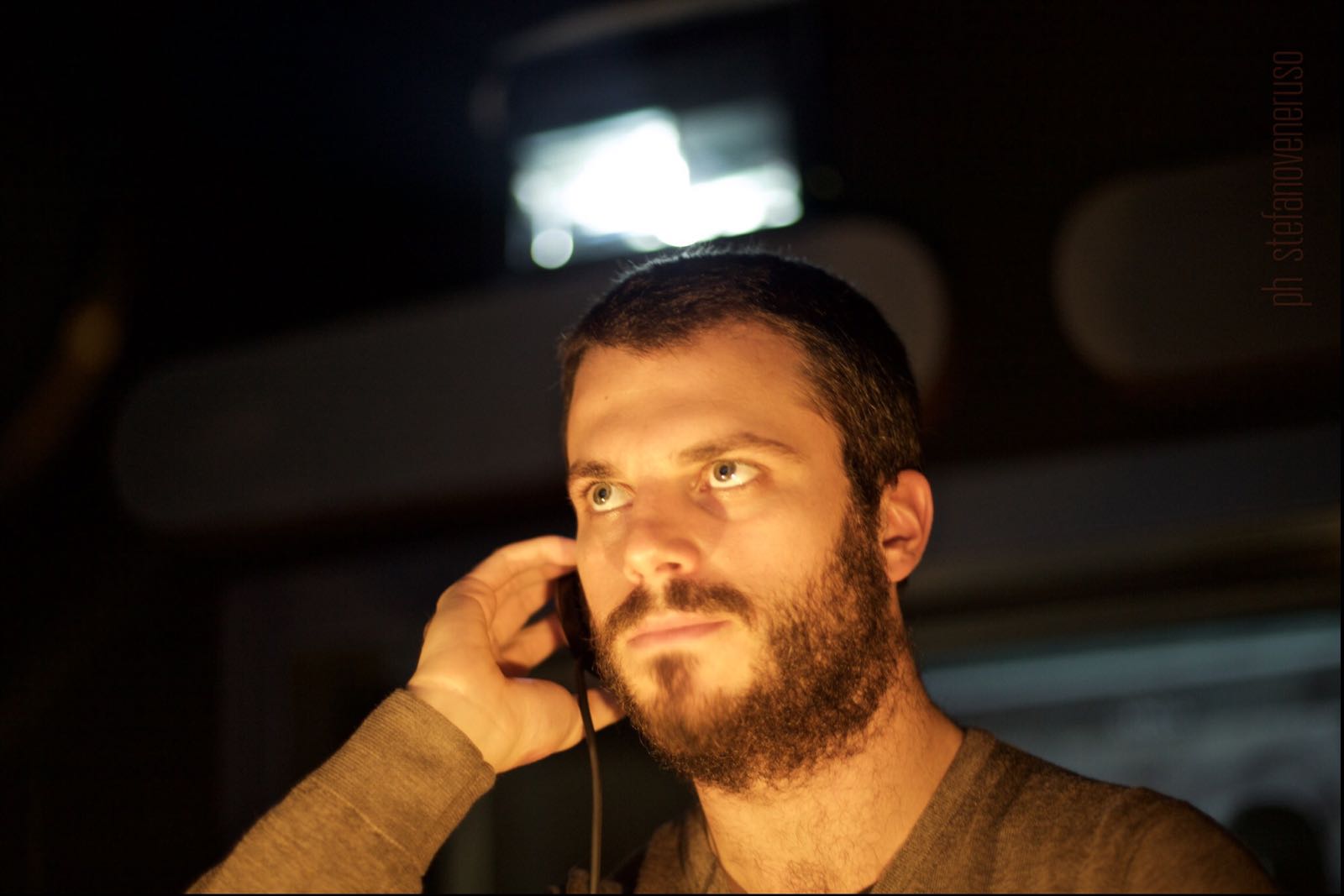A bull that refuses to fight and actually prefers flowers: that briefly sums up the plot of Ferdinand, the animated feature film released in Italian cinemas on 21 December, with Marco Guadagno writing the Italian script and in charge of the dubbing.

The adaptation of the film into Italian had a surprise in store, though. Ferdinand was dubbed by Fabrizio De Flaviis, born in 1988, who can boast an impressive curriculum. Fabrizio proudly tells us he was directly chosen “by the Los Angeles-based parent company. The approach followed for the Italian version differed from that of the original version film, which opted for the ‘talent’ John Cena (the wrestler, chosen out of irony) mainly because of marketing reasons. For the Italian version, 20th Century Fox wanted someone with a deep, mature timbre, that would suit the character’s build and size, but who could also adapt to the sensitivity of a pacifist bull, with softer and sweeter tones”.
Dubbing an animated film can indeed be more complex than dubbing a live action film, because cartoons are intended for people of all age groups and are therefore viewed from different standpoints. Hence, when writing the Italian script, translation and the language style chosen are paramount. And when dubbing, it is necessary to act, to become the character, to feel his emotions and transcend them with flair while retaining a realism that allows the audience to grow fond of him. According to Fabrizio, “dubbing an animated film allows your fantasy to work more, you get a better chance of expressing what you feel inside. In fact, when dubbing an actor, I tend to follow the general rule, that of ‘sticking’ to the character, whereas in this case I felt more free and easy”.
So, concluding, let us not forget the so-called ‘paradox of dubbing’: the more you fit in with the character and the film, the more autonomy you will have.







